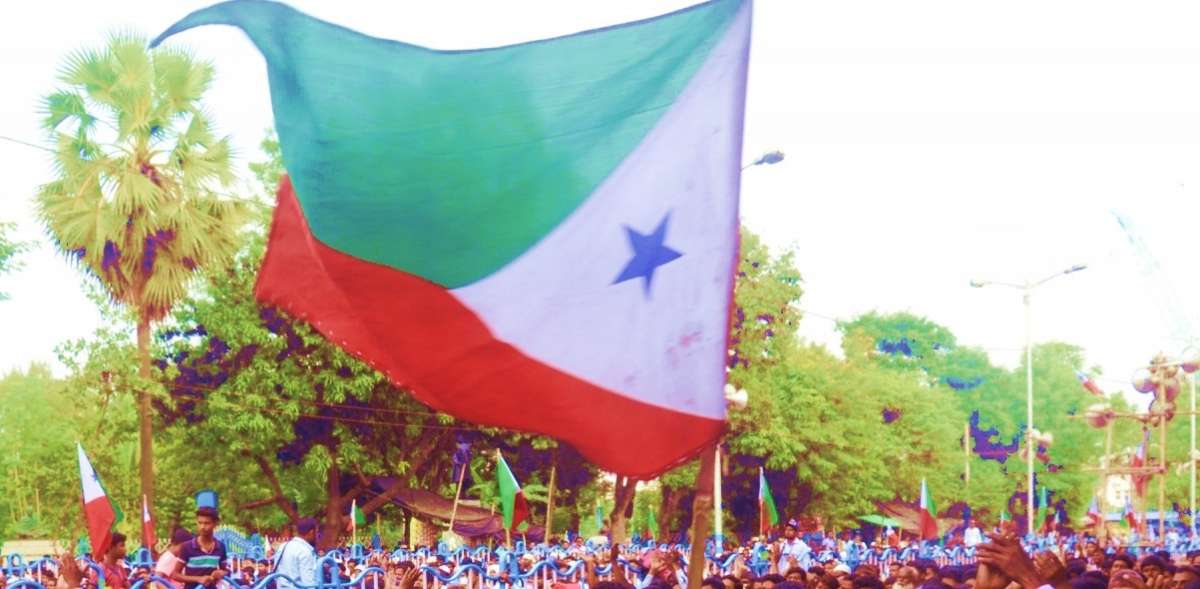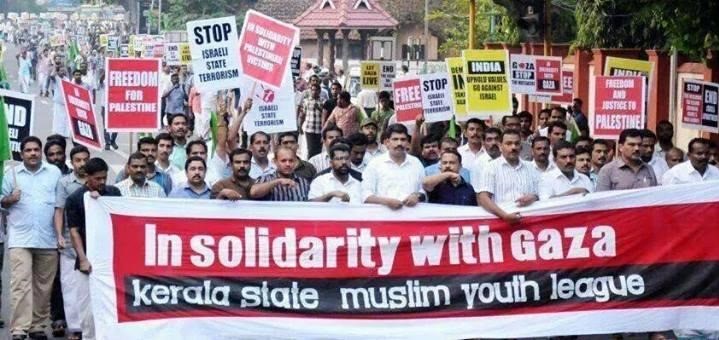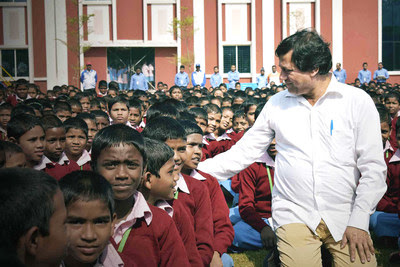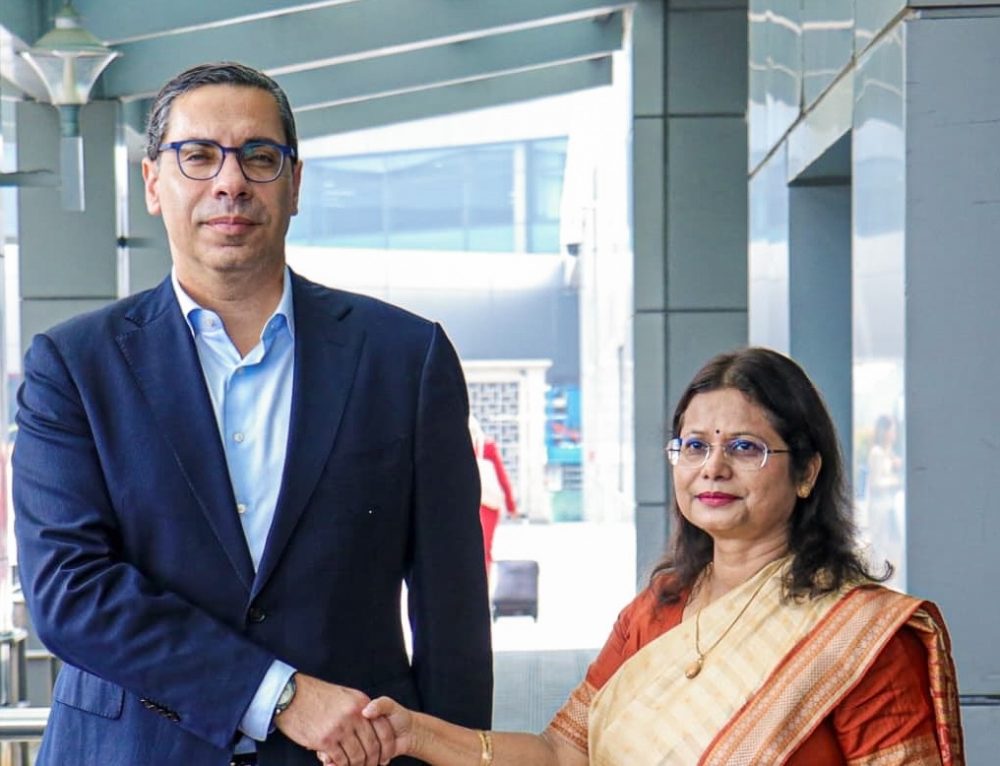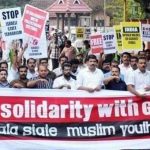India’s prominent Muslim organisations support the arrests of leaders of Ppular Front of India and calls for its ban. Maulana Shahabuddin Razvi Barelvi, the President of All India Muslim Jamaat, said the raids have made it clear that the PFI has been “involved in communal riots in various states across the country.” “I urge all Sunni, Sufi, and Barelvi Muslims not to keep any relation with this organisation,” he added. “It has sole aim and objective of promoting enmity and disrupt the religious harmony between different comunities on the basis of inter-faith and equanimity.” … A special report by Mumtaz Usman
Maulana Shahabuddin Razvi, the President of All India Muslim Jamaat on 24 September called the Popular Front of India (PFI) a “radical group”, urging the Muslim community to stay away from it, and calling for the central government to impose a ban on the organization. Earlier on 22 September, law enforcement agencies in India led by the National Investigation Agency (NIA) carried out searches in 15 states across the country, arresting 106 workers of PFI, including its chairman O M A Salam, for alleged support to terrorist activities.

According to a report published in Indian Express, 93 locations were searched in 15 states, including 39 in Kerala, 16 in Tamil Nadu, 12 in Karnataka, and 7 in Andhra Pradesh. Searches were carried out in Uttar Pradesh, Rajasthan, Delhi, Madhya Pradesh, Telengana, Assam, Goa, West Bengal and Manipur. In a published statement, the NIA had said that these searches were carried out ‘at the houses and offices of the top PFI leaders and members in connection with five cases filed against the organization’. The agency had received ‘continued inputs and evidence that the PFI leaders and cadres were involved in the funding of terrorism and terrorist activities’ including organizing camps for arms training and radicalizing individuals to join banned outfits.
Maulana Shahabuddin Razvi Barelvi, President of All India Muslim Jamaat, in a statement emphasised that the raids have made it clear that the PFI has been “involved in communal riots in various states across the country.” “That’s why, I urge all Sunni, Sufi, and Barelvi Muslims not to keep any relation with this organisation,” he added. “It has sole aim and objective of promoting enmity and disrupt the religious harmony between different comunities on the basis of inter-faith and equanimity.”
The leader of the Barelvi sect, which has its roots in Uttar Pradesh’s Bareilly, also called for the central government to enforce an immediate ban on such organizations to protect the unity and integrity of the country. Maulana Barelvi also supported the action carried out by the government to combat terror activities across India.
In a report published in the Print, several Muslim organisations observed that “PFI and other such ‘Salafi Wahhabi’ outfits want to trick them (Muslim youths) against the basic ideology of Sufi majority population of the country but this situation is not in the interest of Islam, country and humanity”.
According to a tweet in Hindi by the Muslim Students’ Organisation of India (MSO), a student and youth body of Muslims for the promotion of Sufism and inclusive India, these organisations expressed their faith in the judicial system, law, and Constitution of the country.
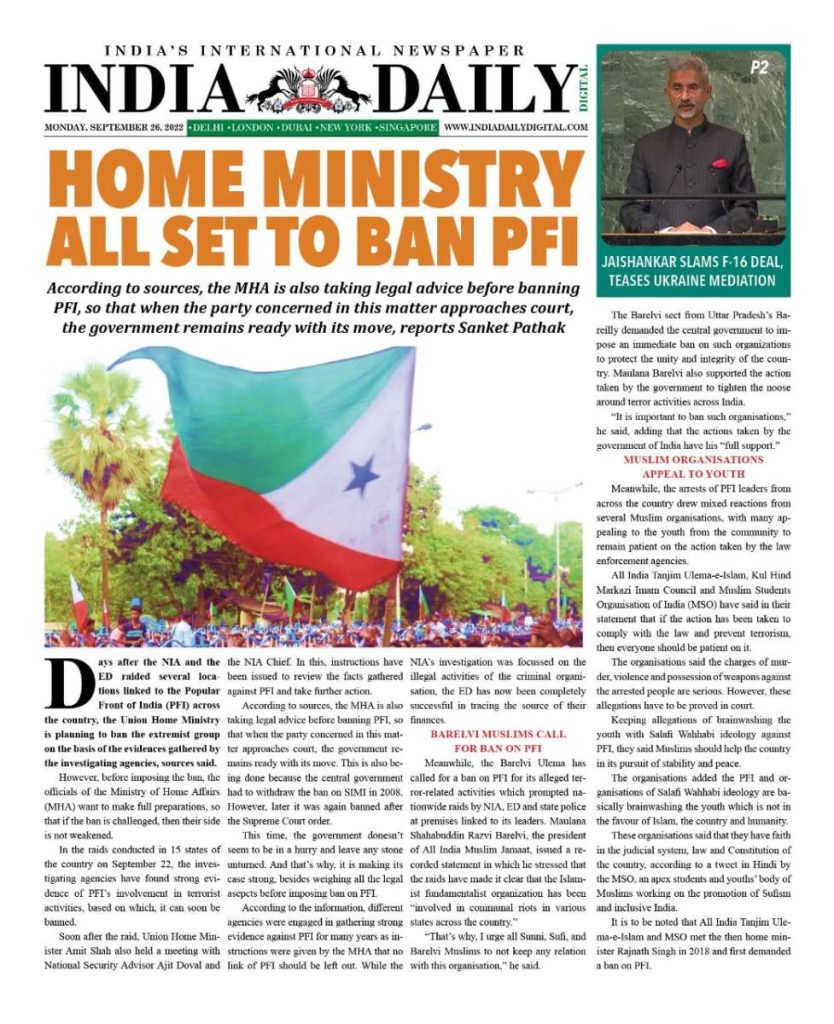
Organisations such as Tanzeem Ulema-e-Islam, Kul Hind Markazi Imam Council and MSO have said in their statements that if the recent spate of actions were taken for compliance of law and prevention of terrorism, then everyone should be patient on it,” according to another tweet cited in the same report.
The organisations said that the charges of murder, violence and possession of weapons were serious and that it is a point of concern for the Muslims of the country. They also called the charge against PFI of brainwashing the youth with Salafi Wahhabi ideology was a matter of concern for all Muslims of India. Muslims should help the country in its pursuit of peace and stability, said another tweet by the same organization.
Speaking to Outlook magazine, Mohammad Kunhi, Karnataka state secretary of Jamaat-e-Islami said, “they (PFI) are pushing Muslims to a corner. They communalise every issue and find a Hindu–Muslim angle in it”. The hijab issue is a case in point. A Mangalore-based Muslim advocate and businessman underlined that the PFI converted the issue into “a binary that one could not escape”. He told Outlook that “the PFI completely eroded the space for any negotiation and made it a pro- or against-Islam issue.”
Muzaffar Assadi, a political science professor at Mysore University, believes that the modus operandi of the PFI is a major cause for concern. “There is indoctrination, there is a feeling that we alone provide you physical security,” Assadi says. “They have sneaked into different structures of power—publications, intelligence wings and are strong on campuses”, he said.
Earlier, PFI was founded in 2006 with the avowed objective of the socio-economic advancement of Muslims in the country but soon came under the radar of various investigative agencies. In 2010, it was said to be involved in the chopping of the hand of a college professor in Kerala for allegedly hurting Muslim religious sentiments through a question paper he had set.
The organisation also came under scrutiny in Kerala for the disappearance of some people from the state to join the terrorist outfit Islamic State in Afghanistan and Syria. The leaders of the organisation regularly travel to the middle east for raising funds the donations received by the outfit were examined by central agencies. Incidentally, the Kerala government had in 2012 banned the freedom parades organised by the PFI.
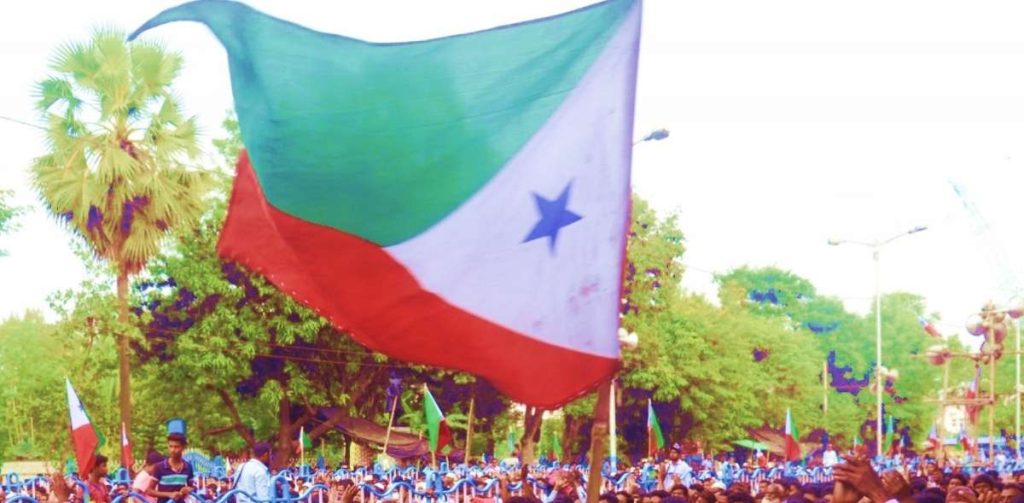
In October 2017, the Ministry of Home Affairs held several meetings to decide whether the outfit should be banned or not. On May 8, 2018, the Enforcement Directorate booked PFI under criminal charges of money laundering for its alleged links with terror activities and funding. In 2018, the Jharkhand government banned the outfit in the state, though the ban had to be lifted later following court orders. A PIL filed in Madras High Court in 2018 sought direction to the Tamil Nadu government to ban PFI, calling it a “radical” outfit (carrying out) activities aimed at disturbing peace and harmony of the country. The Karnataka government in August 2020 had been considering a proposal to ban PFI and its political arm SDPI.
The Popular Front of India is a very dangerous establishment. It has more than 16 fronts, masks — mask of human rights, mask of rehabilitation, mask of being a student organisation, it takes the form of a political party. But its whole aim is to destabilise India. Any individual or institution that supports it out of vested interest can directly jeopardise the peace, serenity and harmony for the humanity in general and security and sovereignty of the nation in particular.


